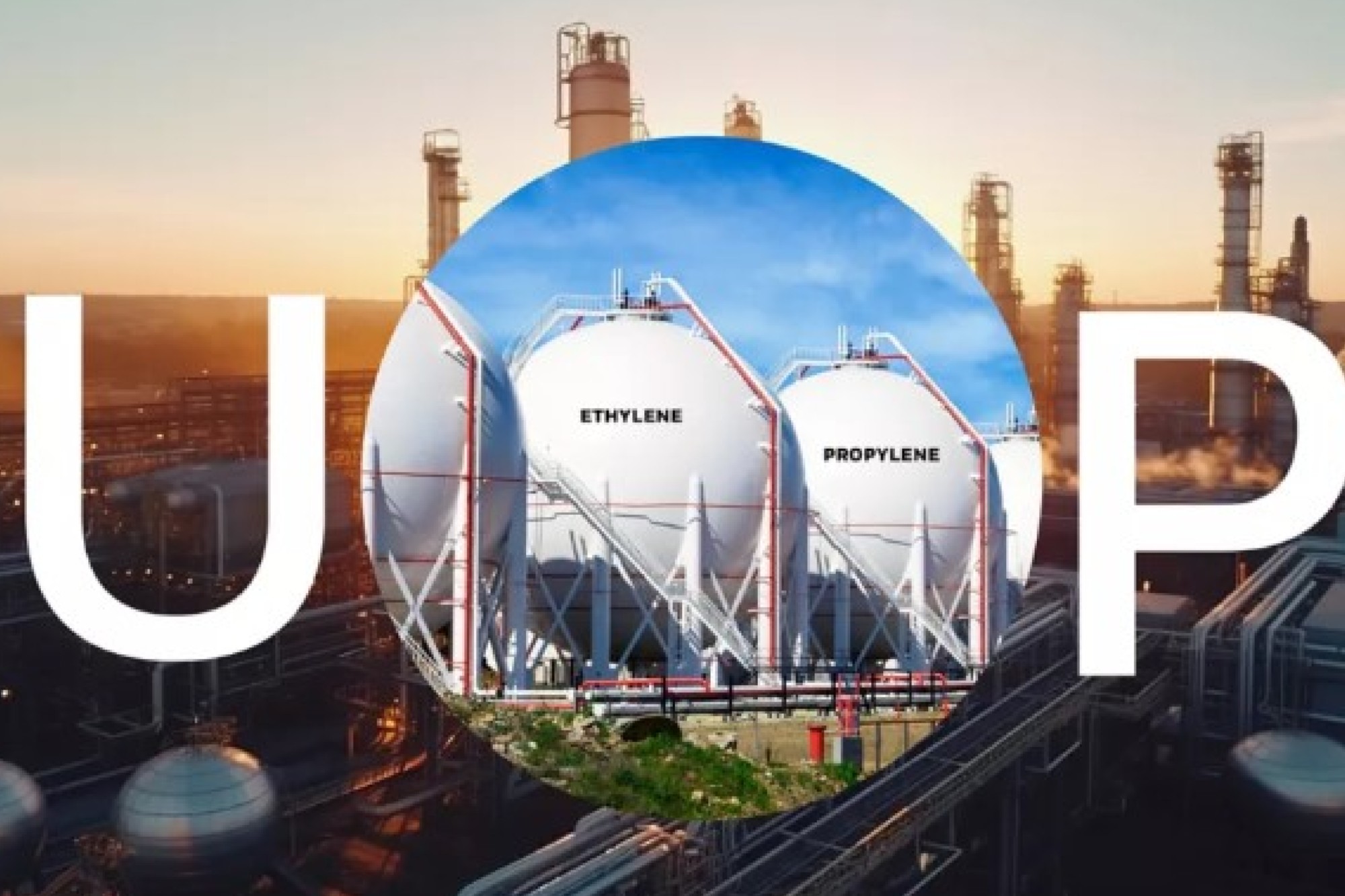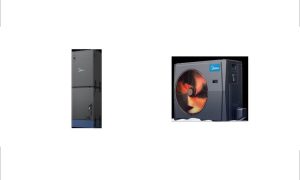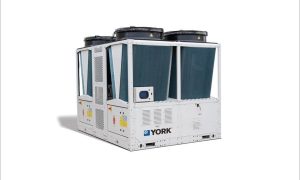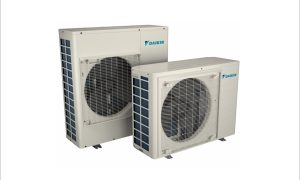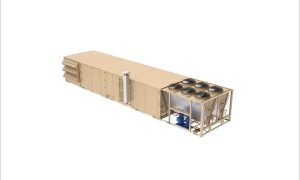Honeywell has introduced a naphtha to ethane and propane (NEP) technology to enhance light olefin production efficiency and reduce CO2 emissions per metric tone of olefin, generating a tunable amount of ethane and propane.
Honeywell has introduced a novel new naphtha to ethane and propane (NEP) technology that will allow regions around the world to improve the efficiency of light olefin production while lowering CO2 emissions per metric tonne of olefin produced.
Ethane and propane are excellent feedstocks for manufacturing ethylene and propylene, two key petrochemicals used in the manufacture of chemicals, plastics, and fibres. This innovation highlights Honeywell’s portfolio alignment with three compelling megatrends, one of which is the energy shift.
The NEP technology generates a tunable amount of ethane and propane from naphtha and/or LPG feedstocks. In a typical NEP-based olefin production complex, the ethane will be fed to an ethane steam cracking unit and the propane will be fed to a propane dehydrogenation unit. This approach generates more high-value ethylene and propylene with reduced production of lower-value byproducts compared to a traditional mixed-feed steam cracking unit directly processing the same quantity and composition of feedstock. This new approach results in Net Cash Margin increases from 15 to 50%1.
An NEP-based olefins complex also reduces CO2 intensity per metric ton of light olefins produced by 5 to 50 percent versus a traditional mixed-feed steam cracker2. Honeywell’s latest technology expands our portfolio of offerings to help meet growing demand for efficient petrochemical solutions.
“The petrochemical industry faces strong competition and challenges in obtaining raw materials globally,” said Matt Spalding, vice president and general manager of Honeywell Energy and Sustainability Solutions in MENA. “Our technology helps to enable more efficient production of ethylene and propylene, two chemicals which are in high demand, while also helping our customers lower their carbon emissions.”
This new solution is a part of Honeywell’s Integrated Olefin Suite technology portfolio – a first of its kind in the industry that creates differentiated offerings to enhance the production of light olefins.
Cookie Consent
We use cookies to personalize your experience. By continuing to visit this website you agree to our Terms & Conditions, Privacy Policy and Cookie Policy.

